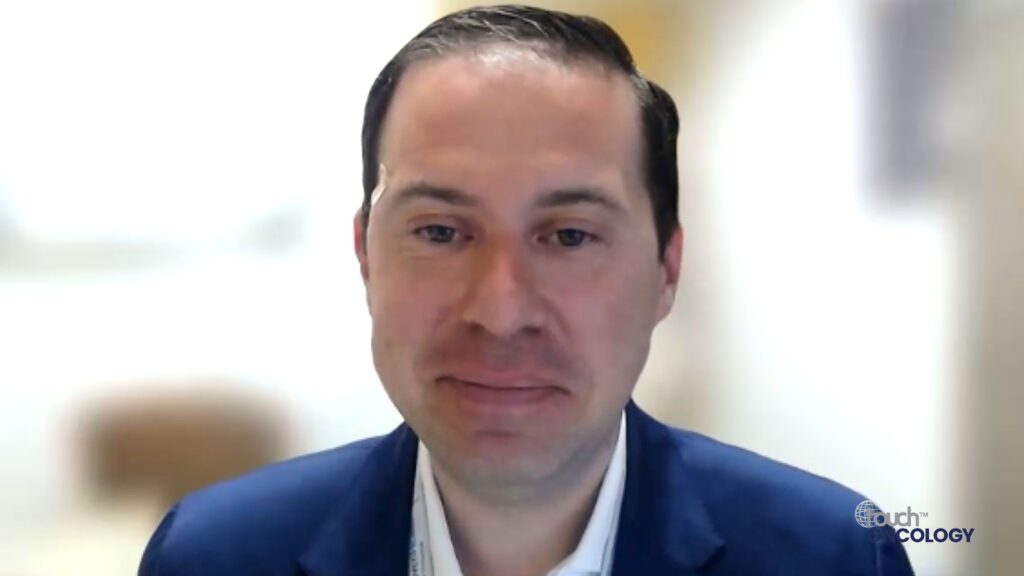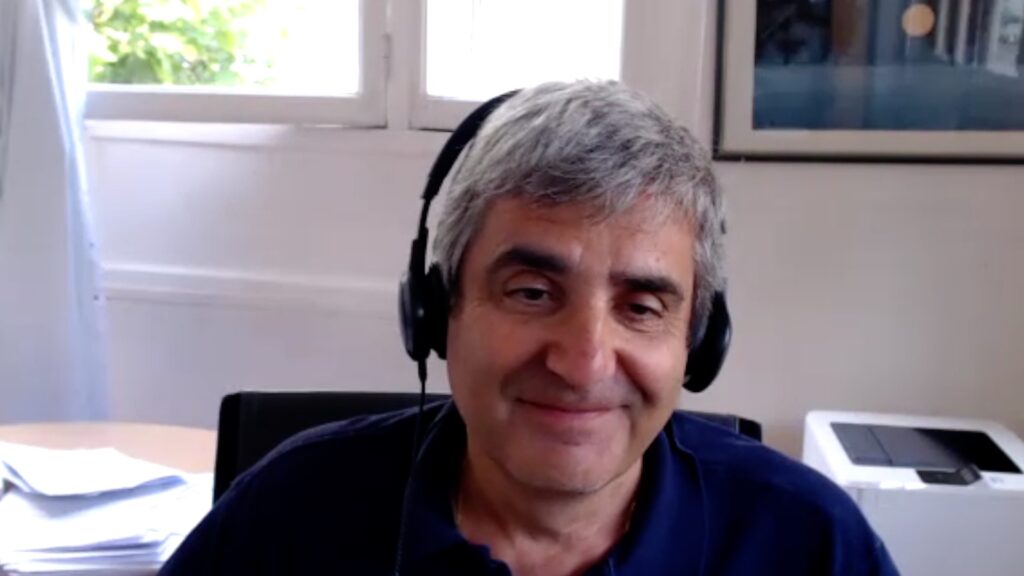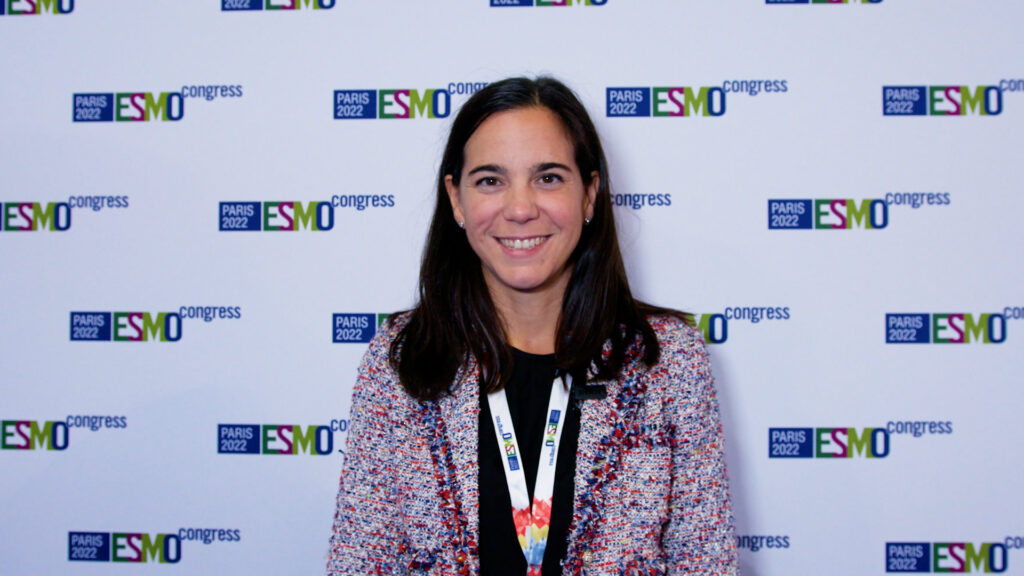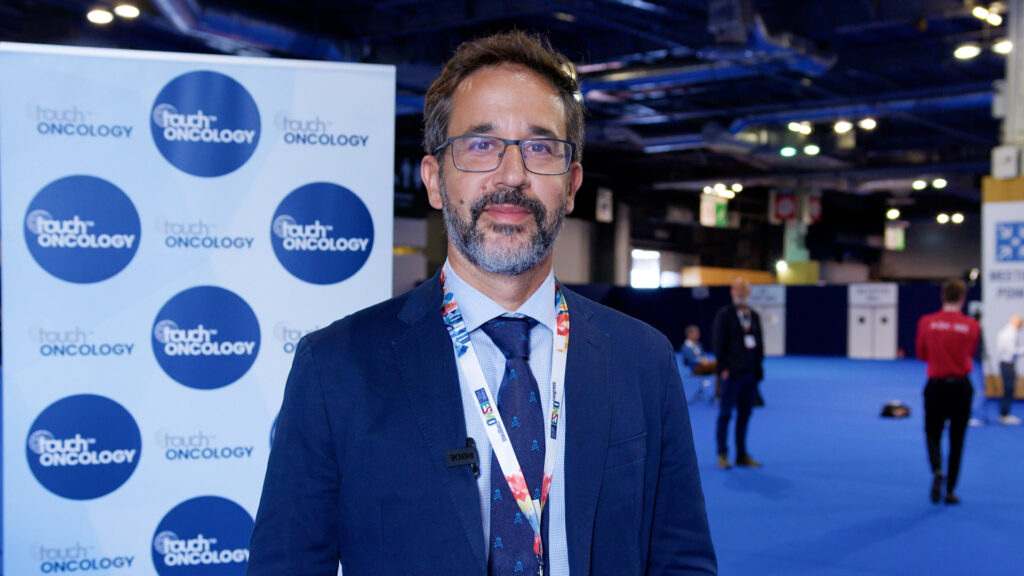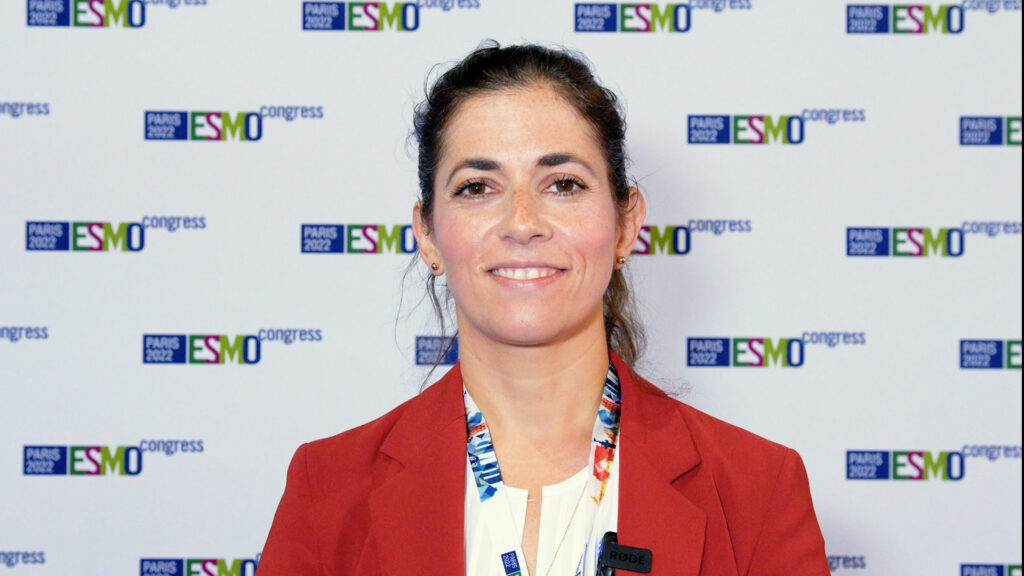 Colorectal cancer is the third most common cancer worldwide and is the second leading cause of cancer-related deaths for men and women combined. The disease is on the rise in younger generations. It is the leading cause of cancer-related deaths in men under 50, and researchers predict it will become the leading cause in men and women ages 20-49 within the next decade. However, it remains less known and less funded than other cancers. For comparison, breast cancer, which has benefited greatly from major funding that contributed to significant research advancements, has a five-year survival rate of 30%, whereas the five-year survival rate for colorectal cancer is drastically lower at only 13%. To achieve better outcomes, the Colorectal Cancer Alliance (Alliance) is reinvigorating its mission to end colorectal cancer with the launch of Project Cure CRC.
Colorectal cancer is the third most common cancer worldwide and is the second leading cause of cancer-related deaths for men and women combined. The disease is on the rise in younger generations. It is the leading cause of cancer-related deaths in men under 50, and researchers predict it will become the leading cause in men and women ages 20-49 within the next decade. However, it remains less known and less funded than other cancers. For comparison, breast cancer, which has benefited greatly from major funding that contributed to significant research advancements, has a five-year survival rate of 30%, whereas the five-year survival rate for colorectal cancer is drastically lower at only 13%. To achieve better outcomes, the Colorectal Cancer Alliance (Alliance) is reinvigorating its mission to end colorectal cancer with the launch of Project Cure CRC.
The Project Cure CRC initiative reflects the Alliance’s renewed effort to fund $100 million in expedited, novel colorectal cancer research. To ignite cutting-edge research ideas and efforts, the Alliance hosted its first-ever Cure CRC Summit, convening more than 100 of the top colorectal cancer scientists this past December. Summit co-chairs included Scott Kopetz, M.D. from M.D. Anderson, Christopher Lieu, M.D. from the University of Colorado Cancer Center, and John Marshall, M.D. from the Ruesch Center at Georgetown University. The Summit’s unique interactive and collaborative format produced hundreds of ideas and initiated partnerships between academic and industry researchers from multiple organizations, creating opportunities to advance new therapies and technologies.
With this bold and urgent undertaking, the Alliance seeks to create major breakthroughs in colorectal cancer diagnosis, treatment, metastasis, and survivorship. Project Cure CRC resources will support investigators dedicated to colorectal cancer research and will help fuel leading-edge studies, clinical trials, and collaborations to drive progress toward more effective and personalized treatments for colorectal cancer patients. The fund will catapult a radical new endeavor aimed at discovering innovative advancements and, ultimately, a cure for the disease.
The first five proposals earning awards from Project Cure CRC funding include:
Raghu Kalluri, M.D., Ph.D., of MD Anderson Cancer Center
$1.6 million over 1.5 years
Kalluri aims to rapidly develop urgently needed therapeutic options for the 96% of colorectal cancer patients with microsatellite stable disease who currently have limited options.
Peter P. Lee, M.D., of the City of Hope
$1 million over two years
Lee will pursue a novel combination immunotherapy to treat metastatic MSS colorectal cancer, which does not respond well to current treatments, including immunotherapy. Lee’s research could create an effective and less toxic treatment for this patient population, potentially improving survival rates and rapidly translating these findings into clinical trials and new combination therapies.
Charles Manning, Ph.D., of MD Anderson Cancer Center
$500,000 over one year
Manning will seek to develop a theranostic regimen using antibodies that target a chemically altered version of the protein TROP2 on BRAF-mutated colorectal cancer cells for both therapy and diagnostic imaging. The aim is to create a selective treatment for BRAF-mutated CRC with reduced side effects, allowing for simultaneous therapy and diagnostic imaging. This will ultimately improve patient outcomes and provide a useful assessment of treatment response.
Kevin Van Der Jeught, Ph.D., of the University of Miami
$200,000 over two years
Van Der Jeught will focus on improving intratumoral mRNA vaccination strategies for colorectal cancer by targeting immune checkpoints to enhance anti-tumor immune responses, leading to new treatment options for CRC patients and shaping the design of an upcoming phase I CRC intratumoral mRNA clinical trial.
Yekaterina Zaytseva, Ph.D., of the University of Kentucky
$200,000 over two years
Zaytseva will investigate new drug combinations that effectively kill colorectal cancer cells with a BRAF mutation. This condition currently has a low response rate to existing treatments. Zaytseva’s research could help identify the best drug combinations to improve the survival of patients with BRAF mutant colorectal cancer, quickly translating these findings into clinical trials and new therapies that can become standard treatments.
We are in a race against time to help the millions of people and their families affected by colorectal cancer. The goals of Project Cure CRC are to bring a sense of urgency to colorectal cancer research, fund the best science, accelerate life-saving clinical trials, and influence more public and private partnerships to support research that helps eradicate this disease.
The Alliance, the largest organization dedicated to ending colorectal cancer, invites the public, corporations, foundations, and philanthropic individuals to join our mission by contributing to Project Cure CRC. In addition, the Alliance seeks new ideas for mCRC research with special attention given to immunotherapy-based studies and research focused on BRCA1, BRAF, TP53, TME, and associated pathway genes. For additional information on Project Cure CRC, to donate, or to learn more about submitting a research proposal, visit colorectalcancer.org/cure to learn more
Together, we can find better treatments and even a cure.
Disclosures: This short article was provided by Colorectal Cancer Alliance. No funding or publication fees were involved in the publication of this article.


